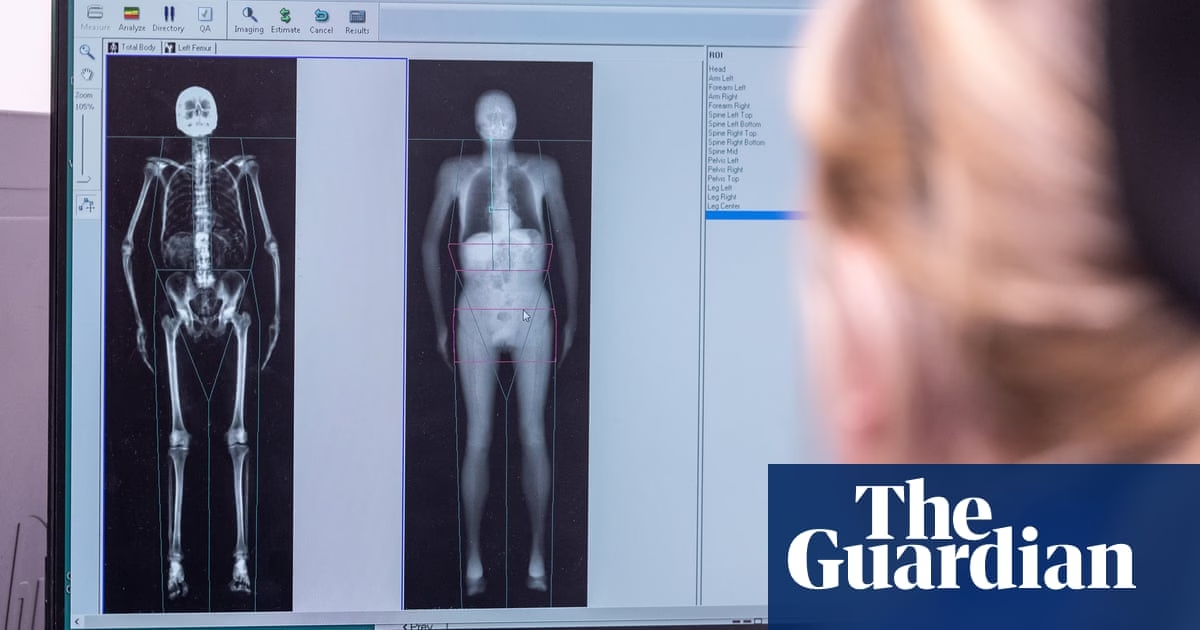Scientists anticipate gaining unparalleled insights into human aging and the early signs of disease through a groundbreaking imaging project that has scanned 100,000 individuals from head to toe. The completion of this decade-long initiative will provide researchers worldwide with access to 1 billion de-identified images encompassing scans of volunteers’ hearts, brains, abdomens, blood vessels, bones, and joints, alongside extensive medical histories and data on genetic makeup, health, and lifestyle.
Subsets of the images from the UK Biobank, which monitors the health of 500,000 people in Britain, have already been instrumental in breakthroughs linking the heart to psychiatric disorders and demonstrating the predictive capacity of scans for numerous future diseases. These findings also suggest that no level of alcohol consumption is safe for our health.
Naomi Allen, the chief scientist at UK Biobank, highlighted the unprecedented opportunity for researchers to study aging and disease development in intricate detail and on a massive scale. She expressed the hope that the findings will revolutionize disease detection and treatment before individuals become ill.
The imaging project captured 12,000 images from each participant, revealing critical information such as organ size, shape, and structure, including brain size variations as minute as a teaspoon of water. These scans are currently being trialed within the NHS, promising a significant advancement in early diagnosis and preventive care.
Further studies based on brain scans have associated daily alcohol consumption of one to two units with changes in brain size and structure, potentially leading to memory loss and dementia. Paul Matthews, who leads the UK Biobank imaging group, emphasized that there is no perfectly safe level of alcohol intake for the brain.
The project’s impact extends to the genetic understanding of heart function and disease, enabling the identification of genetic factors influencing heart health through detailed, motion-captured images of heartbeats. Patricia Munroe, a professor of molecular medicine, is among those researching genetic links to heart diseases using these innovative images.
The scans also highlight the limitations of using body mass index (BMI) alone to assess the risk of diabetes and heart disease, as individuals with the same BMI can have significantly different fat distributions, affecting health risks. UK Biobank is now re-scanning 60,000 volunteers to study changes over time in brain, body, and bone health.
Louise Thomas, a professor of metabolic imaging, has observed alarming increases in visceral fat, also known as “bad fat,” in abdominal areas from scans taken just two years apart, indicating a trend towards more fat being stored within muscle as people age, analogous to the marbling in Wagyu beef.
The medical advancements facilitated by this project are expected to transform diagnostic procedures in the NHS, with innovations such as automated detection of aneurysms, which will aid in identifying risky conditions that are more severe in women. Such developments mark a significant leap forward in preventive healthcare measures.
Source: https://www.theguardian.com/science/2025/jul/15/full-body-scans-uk-biobank-project-diseases-detected-and-treated








